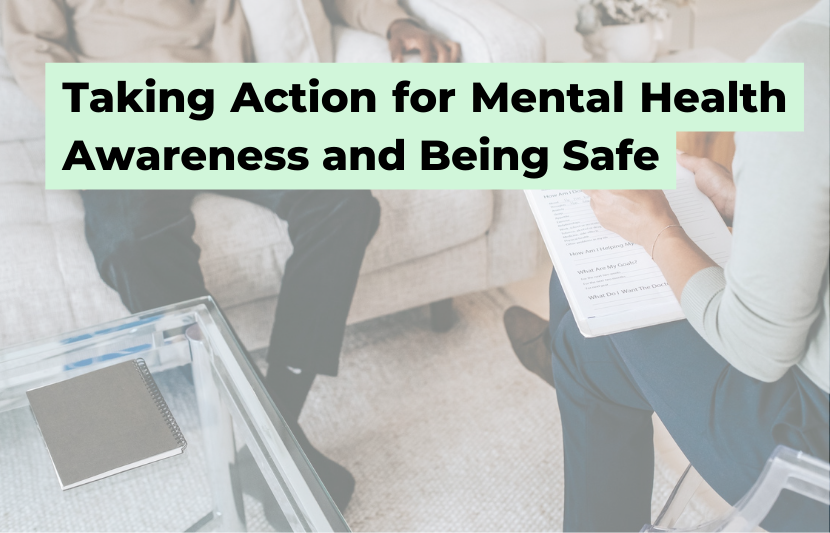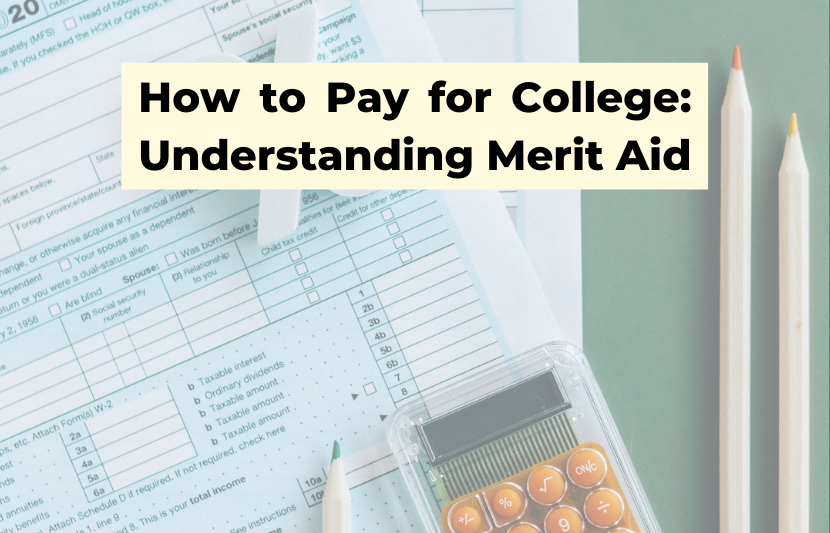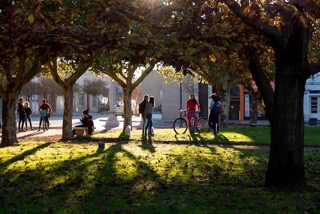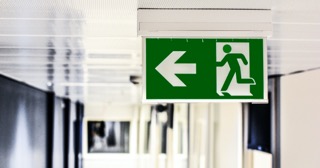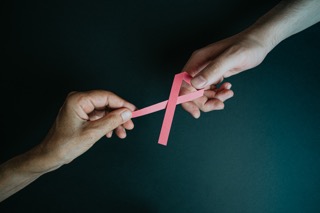In this episode of TUN TV, Dr. Crystal Rose interviews Dr. Loren M. Hill, founder of The Acclivity, to discuss campus safety and explore what college students should know to keep themselves safe on campus.
Dr. Crystal Rose: Welcome to The University Network TV. I’m your host, Dr. Crystal Rose. And on this college navigation show, we’re exploring the hidden curriculum in our series on campus safety.
We’ve invited a very special guest, Dr. Loren M. Hill, a licensed clinical psychologist and successful entrepreneur.
Dr. Hill, welcome.
Dr. Loren Hill: Thank you so much, Dr. Rose.
Dr. Crystal Rose: What are some of the things we need to know about campus safety?
Dr. Loren Hill: What we should know for students, parents, faculty and staff, anyone who’s on the university or college campus, is that one of the primary goals, in addition to educating, is to make sure that people are safe.
So, there are generally campus police, security guards, just to make sure that everybody is doing what they’re supposed to be doing and that the people who are supposed to be on campus are on campus and those who are not. So safety, very broadly, is just making sure that the environment is safe, there’s no threats, you can go about your job or getting your education without any of those types of distractions.
Dr. Crystal Rose: Can you describe campus safety?
Dr. Loren Hill: What we need to know is that, generally speaking, campuses are a very safe place.
There are mostly young people there. Some of them have been away from their home for the very first time, vulnerable to a certain extent, so the campus wants to make sure that nothing is going to happen to you, or they want to at least minimize the risk of something happening to you while you are there. They don’t want you to be injured, hurt.
And campus safety even extends to the buildings. Are the buildings safe or they’re secure? Is something crumbling? Is something going to hit you in your head? All of those things around the facilities and the people coming in and out have to do with safety. And most places are very safe and secure.
Dr. Crystal Rose: And when we’re talking about campus safety, where are we talking about? Is it just on campus?
Dr. Loren Hill: Look, we want students to go and have a good time. There’s the education part, but let’s face it. You’re a certain age, you want to maybe attend a party, maybe you want to just go to a pizza party off campus or some restaurant, or if you’re in a fraternity or sorority, any of those types of things, so you want to be mindful that anything that is sanctioned or approved by the university – if it’s an off-campus event, then that protection extends to the off-campus event. However, if this is not sanctioned by the college or university, then you are a little bit more vulnerable.
You want to be careful about where you’re going, who you’re going with, and make sure that you have some procedures in place to keep you safe.
Dr. Crystal Rose: Do buddy systems really work?
Dr. Loren Hill: They absolutely work. Many of us may remember buddy system from when we were in preschool or elementary. If you went on a field trip, or even when you went for a campus drill, you had your buddy, you stood side by side, your teacher said, “Make sure, Crystal, that Loren is there.” You sometimes even held hands. That is a way to ensure that everyone is accounted for.
Now, by the time you get to college, of course, you’re not going to be lining up side by side and holding everybody’s hand. But you definitely want to say, “Crystal, I’m going out tonight. Do you want to come with me?” Or you may say, “Loren, I’m going to this party. Would you want to come with me?” And if we can’t go with our closest friend, we might have another buddy that we go with. Or we let them know, “I’m going here, you want to ride together? Do we take Uber together?”
Once we get to the party, we want to have some way to stay connected. Sometimes what happens is, when you get separated from your buddy or your friends, we tend to get a little nervous or scared. And then we don’t reach out to somebody. And that is the last thing you want to do.
You always want to let somebody know where you’re going. Have your phone with you, text somebody, call somebody, if you find yourself lost, isolated, or even abandoned.
Dr. Crystal Rose: And now we’re looking at campus police, local police, and security guards. What are some of the differences?
Dr. Loren Hill: It can be confusing. Probably 99% of the time these security personnel – whether they’re guards, campus police, or local police – will be in uniform. So if anybody ever comes up to you and says, “I’m a security person, or I’m whatever,” if they don’t have a uniform on, that might be a little bit of a red flag.
Sometimes, they do have plainclothes people there, but they will quickly identify themselves and let you know what their capacity is.
Now, the flip side of that is, we want to be very careful because there have been rare instances where people will obtain a uniform and present themselves as someone who’s legitimate, but they’re not.
So don’t ever go with anyone alone unless you know for sure this is a police car, a campus police car. No plain car, undercover car – don’t get in the car with anybody. Just be mindful of that.
But, again, those are rare instances. We just want to know that these people are there to protect you.
Now, a security guard is someone who may be private security.
Campus police are governed by the campus, so they have policing rights and things that they can do that only extend to the campus.
The local police, however, are for the city or the county, so you might have a sheriff’s department or a police department. And if a crime has been committed, they will take over from the campus police.
So, you want to know the difference. You want to know who you can call. Sometimes, around the campus you’ll see these call boxes, so if there’s an emergency situation, you can press that button or it will ring to another phone.
You should always have your cell phone with you charged up in the event that you need to call 911. You should also program into your phone the campus security office. You should also program Dial a Ride. The campus will sometimes have a van or some type of transportation that will come pick you up if you are in need of some transportation.
Dr. Crystal Rose: Excellent advice. Thank you so much, Dr. Hill, for giving us a really great opportunity to understand safety on college campuses today.
Dr. Loren Hill: Thank you, Dr. Rose.
Dr. Crystal Rose: And thank you very much for joining us. I’m your host, Dr. Crystal Rose. Until next time on TUN TV.




